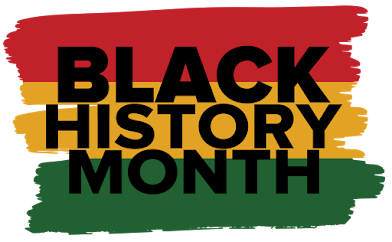Black History Month and Contributions of Islam. Islamic views on slavery.
Black History Month and Contributions of Islam. Islamic views on slavery.
The Quran says: "O people, we created you from a single pair of a male and a female, and made you into tribes and nations so that you may know each other. Verily, the most honored of you in the sight of Allah is the one who is most righteous of you."
The Quran calls for the freeing of slaves, either the owner manumitting the slave, or a third party purchasing and freeing the slave. The freeing of slaves is encouraged is an act of benevolence, and expiation of sins.
In celebrating Black History Month, we should be able to remember the rich Islamic history.
Bilal Ibn Rabah, an Ethiopian slave living in Mecca, became a leading companion of Prophet Muhammad. Very little is known of Bilal. Bilal was a slave freed by Prophet Muhammad. Who at the time of slavery in Arabia used to buy slaves and then free them? Bilal is associated with a very important decision taken by the Prophet Muhammad concerning the issue of race and color.
Prophet Muhammad chose a black man to perform the Azan -- the call of the faithful to prayers. His decision was based on the Quranic teaching against racial discrimination, which explains the rationale behind God's creation of humanity in different tribes, colors, religion,s, and race so that we know each other.
Prophet Muhammad chose Bilal to be the first Muezzin (caller to prayer) not because of his racial lineage nor his power or wealth, but because Bilal possessed neither. Bilal was to become one of the greatest people in the history of Islam. His name adorns the pages of Islamic history as a reminder to all those who incite discord and disunity among people, races, and nations.
We should mention here our Prophet Muhammad
“There is no superiority of an Arab over a non-Arab, or of a non-Arab over an Arab, and no superiority of a white person over a black person or of a black person over a white person, except on the basis of personal piety and righteousness.”
Prophet Muhammad (ﷺ)

Comments
Post a Comment